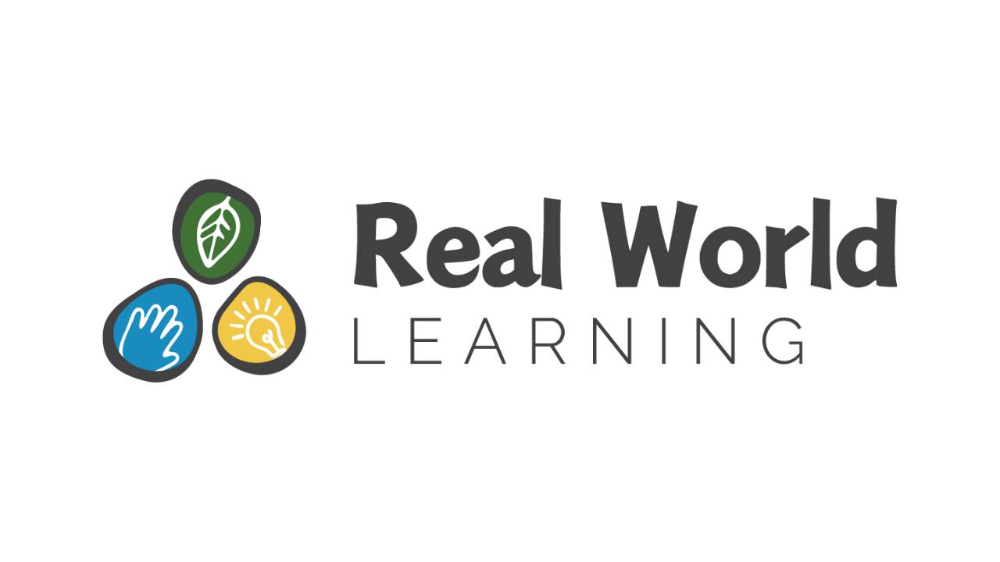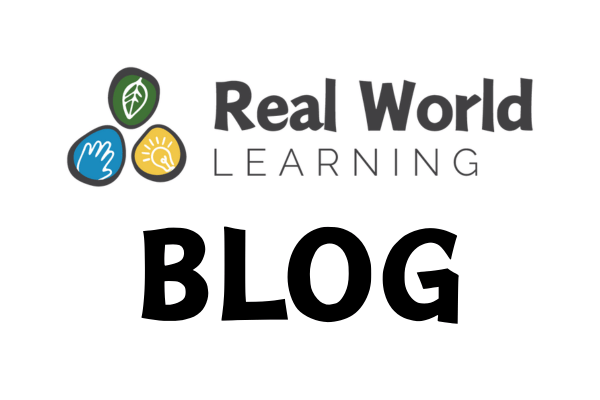Follow their lead

Welcome Back! Last time we looked at engaging others through action via a Catalyst Project. Today we're going to explore ways to engage others by following the interests of children.
As I'm sure you've noticed, children are innately curious about the world around them and their place in it. They are natural scientists and love to explore all kinds of natural and man made phenomena and ideas. Once you know what to look for, it's easy to see the sustainability themes, ideas, and phenomena emerging in their play and interests.
Consider these examples:
Growth and change as they follow the seasons, watch seeds germinate, leaves decompose or wonder at life cycles and metamorphosis. Ice melting or water disappearing through sand.
Energy as they feel the heat through the window as the sun hits it, food and how their body turns it in energy, how plants turn sunlight into energy to grow, how sunlight, wind and water can be turned into energy.
Transport as they play with different types of vehicles. People power (bikes, scooters, walking) versus petrol power (bus, cars, trucks, diggers)and electric vehicles (trains).
Consumption, waste, recycling and reuse as they reuse materials for craft and construction, repurpose cardboard tubes into telescopes, stamps or threading beads, bring their nude food lunch in a lunchbox, compost their food scraps and tip the rest of their water on the garden after snack.
Ecosystems and communities as they investigate the relationships between living things like food webs, pollination and different types of plants and animals (carnivores, herbivores, mammals, birds, reptiles and insects). Identify plants and animals that live in their local environment. How people of all ages and cultures live and work together to create a community.
Being active and engaged citizens by developing their agency skills, investigating and supporting a local issue or cause, voicing their opinions and advocating for things that are important to them. Understanding that they can make a difference and that their decisions do impact the environment and community.

Engage your team by identifying the sustainability in the children's interests (the driver of your programs), and extend their learning through intentional teaching of sustainability concepts and skills.
Many educators are scared of this approach because they feel like they don't have enough knowledge. The truth is, you don't need all the answers, just a willingness to be curious and investigate and explore with the children. Scaffold your learning, along with theirs!
Remember, if there is something you want to build your knowledge or expertise around, let me know and I'll see what I can do. Email me [email protected]
By looking at the children's interests and play through a sustainability lens you can identify opportunities to show your team that sustainability is everywhere and if the children are interested, they should be supporting them to learn more and provide opportunities in your program.
It also demonstrates that it is already in what they do so it goes back to Tip 1 - Don't make it extra It doesn't require them to do more, it just requires a different perspective or emphasis.
As you embed sustainability your program might evolve and sustainability will become more central to your program. Check out this article about how the Coronavirus Pandemic provides an opportunity to put what is important at the centre of learning.
Reflection Questions:
Can you identify the sustainability in children's play?
What kind of support do you need in order to feel confident in identifying sustainability in children's' play?
What themes, concepts or phenomena do you see emerging?
How can you extend their learning?
How can you use this insight to engage your team in providing children with more opportunities to explore sustainability?
Next time we'll look at the importance of understanding what's behind you're teams resistance and objections so that you can address them and move everyone forward together.
Until then
Bron
Next Gen Sustainability is Here!
Sustainability Made Simple.
The Next Gen Sustainability Program Makes Integrating Sustainable Practices Across Your Early Childhood Education and Care Setting Engaging and Effective.
Create a learning environment where children develop a deep connection to nature, an understanding of their role in protecting the planet, and the skills to make responsible choices as global citizens for sustainability.
Embedding sustainability is more than just another box to tick—it’s the key to creating a lasting impact for our children, your team and community.
But where do you start? How do you make sustainability practical, meaningful, and engaging?
The Next Gen Sustainability Program will guide you through a proven process that engages others, builds knowledge, inspires action and creates impact. The Program is customised to meet the specific needs and goals of your Service.



